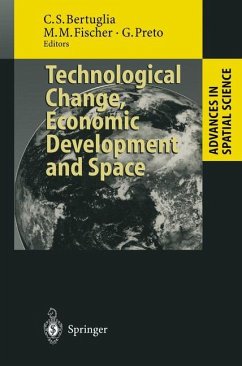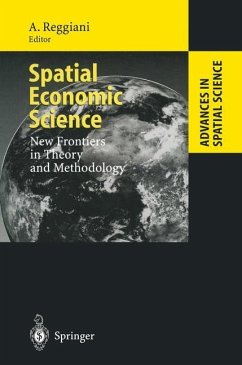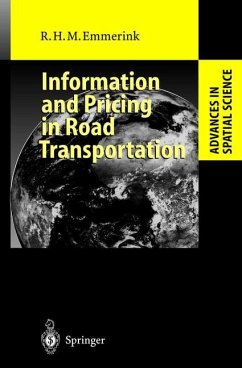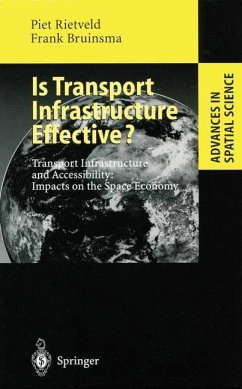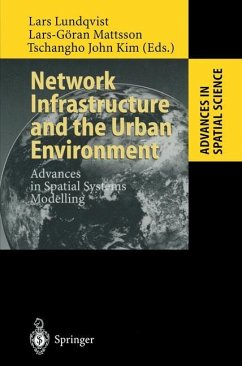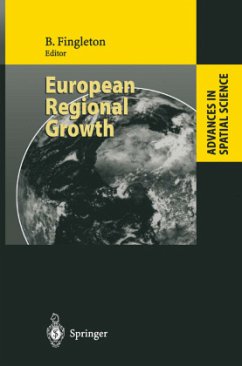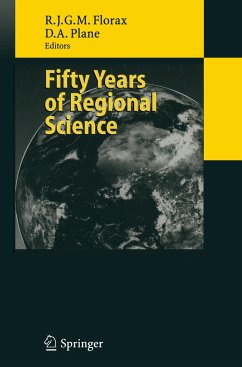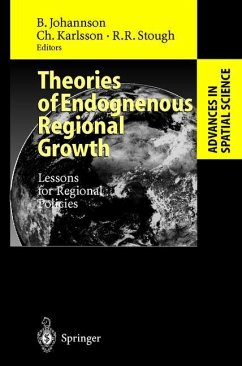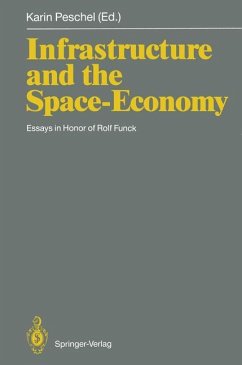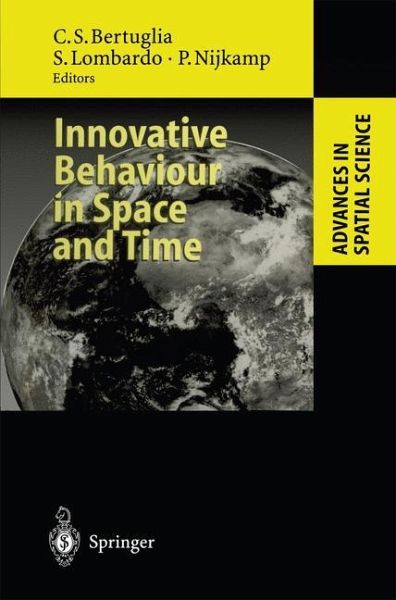
Innovative Behaviour in Space and Time
Versandkostenfrei!
Versandfertig in 6-10 Tagen
38,99 €
inkl. MwSt.

PAYBACK Punkte
19 °P sammeln!
In the past decade there has been growing recognition that economic development is not mainly exogenously determined but, to a large extent, is a transformation process induced and governed by economic actors who respond to competitive, institutional and political challenge. This 'challenge and response' model is increasingly accepted as a valid analytical framework in modem growth theory and also explains the popularity of endogenous growth approaches to technological innovation issues. However, a major and as yet largely under-researched topic is the question of the diffusion and adoption of...
In the past decade there has been growing recognition that economic development is not mainly exogenously determined but, to a large extent, is a transformation process induced and governed by economic actors who respond to competitive, institutional and political challenge. This 'challenge and response' model is increasingly accepted as a valid analytical framework in modem growth theory and also explains the popularity of endogenous growth approaches to technological innovation issues. However, a major and as yet largely under-researched topic is the question of the diffusion and adoption of new technological changes in the context of space-time dynamics. This diffusion and adoption pattern has obviously clear spatial and temporal variations connected with behavioural responses which may vary over time and different locations. This means that a closer analysis of spatio-temporal opportunities and impediments is necessary in order to fully map the complex interactions of technology and economy in space and time. This volume sets out to bring together a collection of original contributions commissioned by the editors to highlight the spatio-temporal patterns and backgrounds of the diffusion and adoption of new technologies. Some are in the nature of a survey, others.have a modelling background and again others are case studies. The contributions originate from different countries and different disciplines. This book is complementary to a previously published volume on technological innovation, Technological Change, Economic Development and Space, edited by C.S. Bertuglia, M.M. Fischer and G. Preto, and also published by Springer-Verlag (1995).





